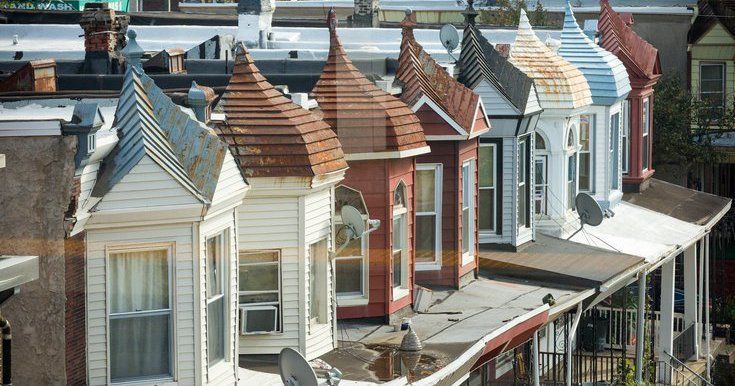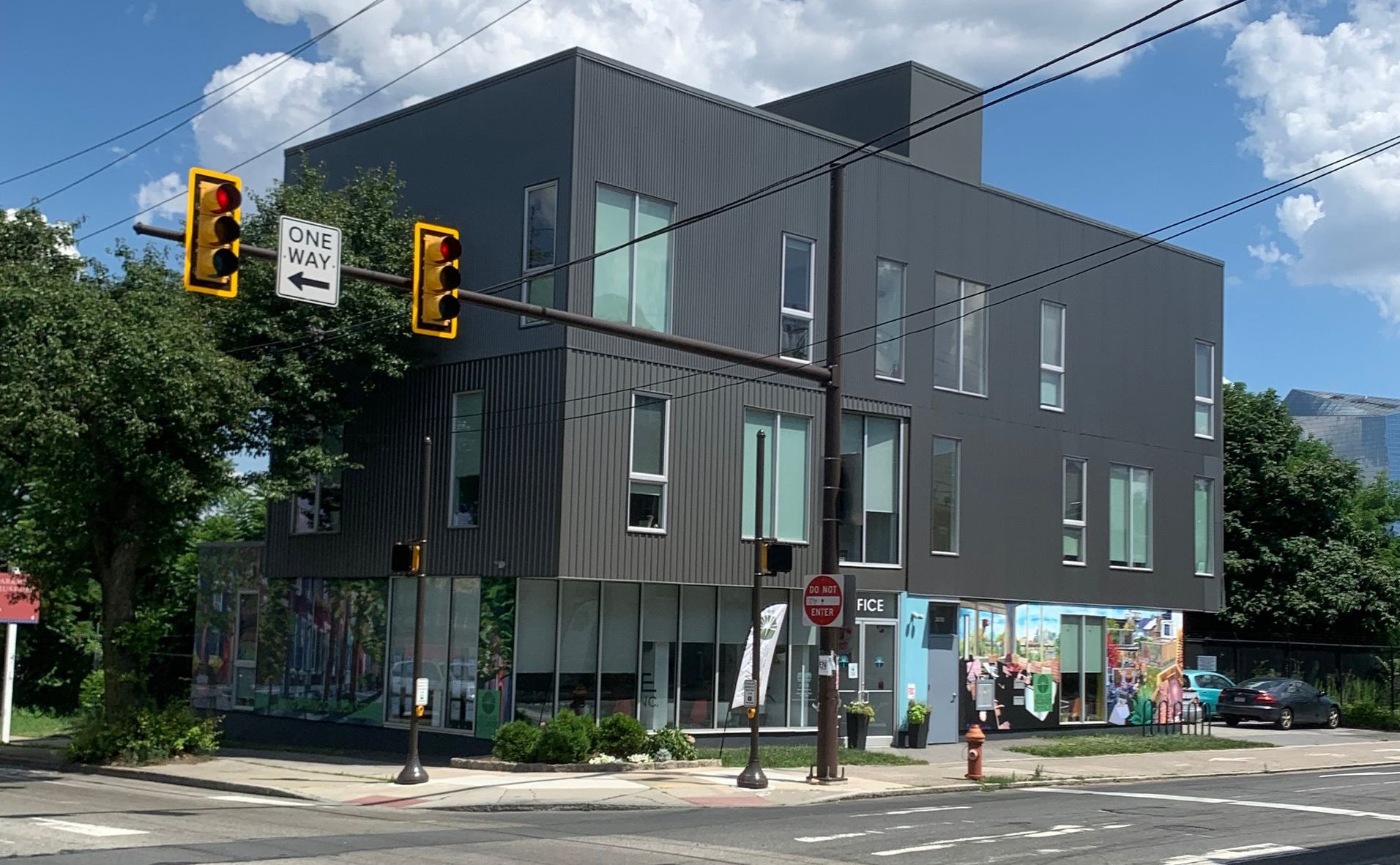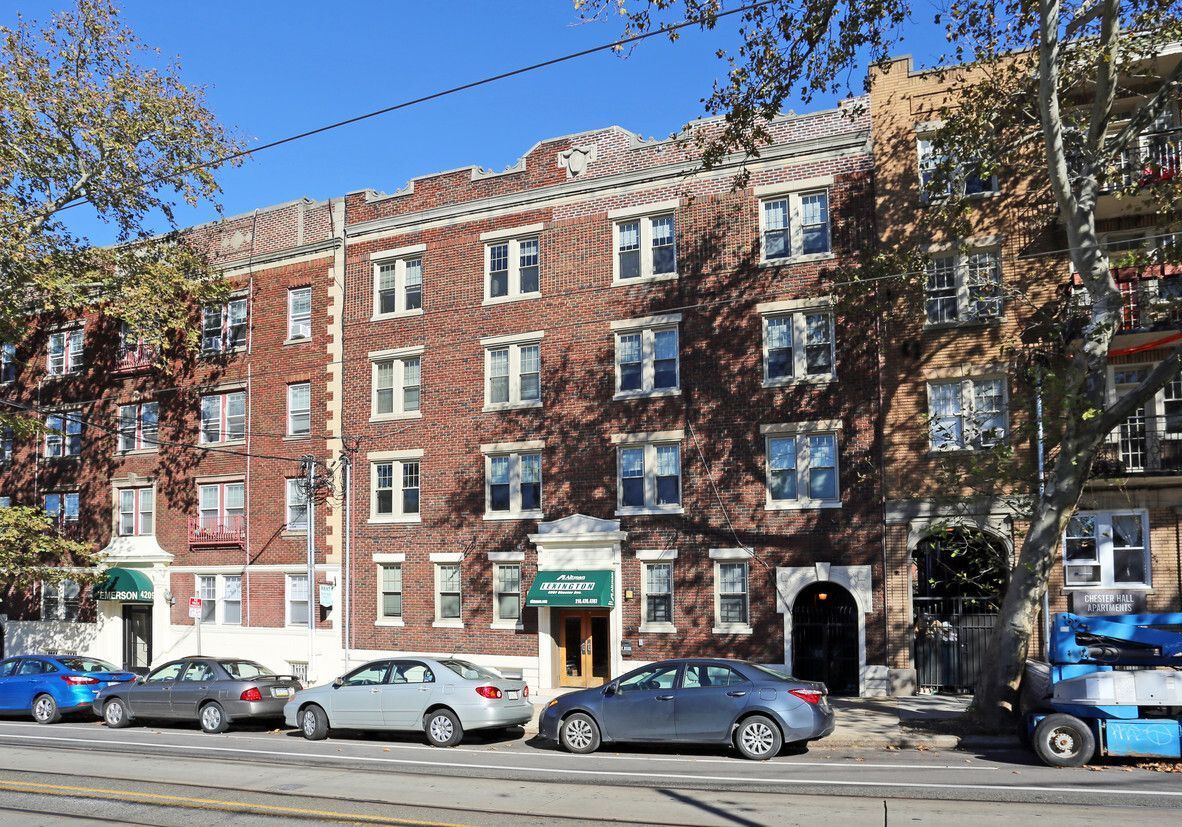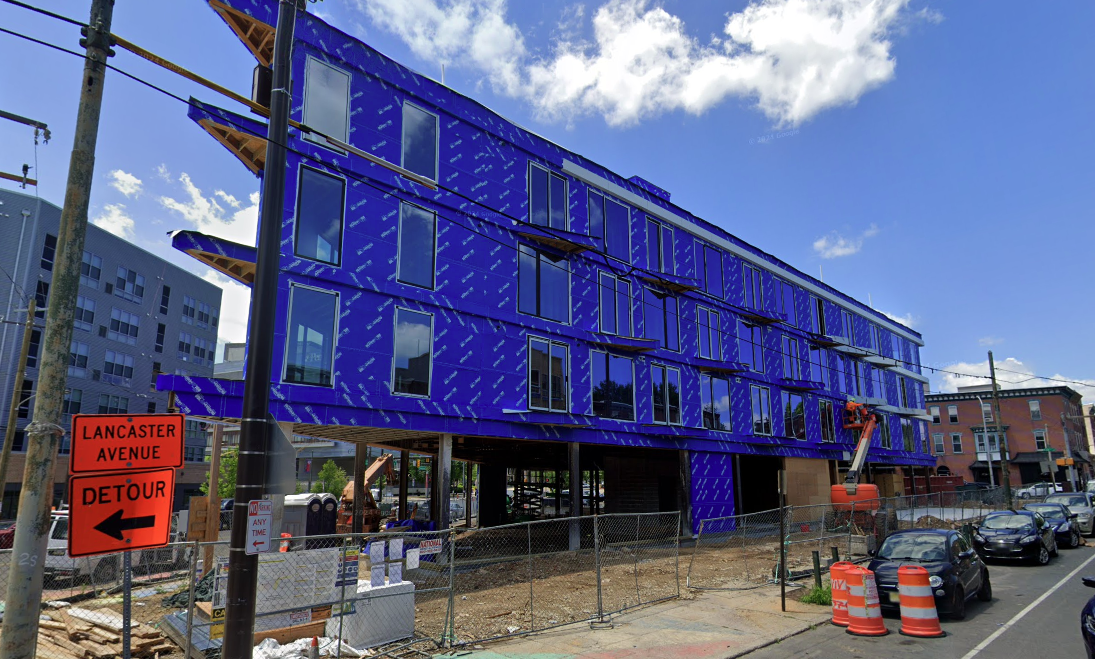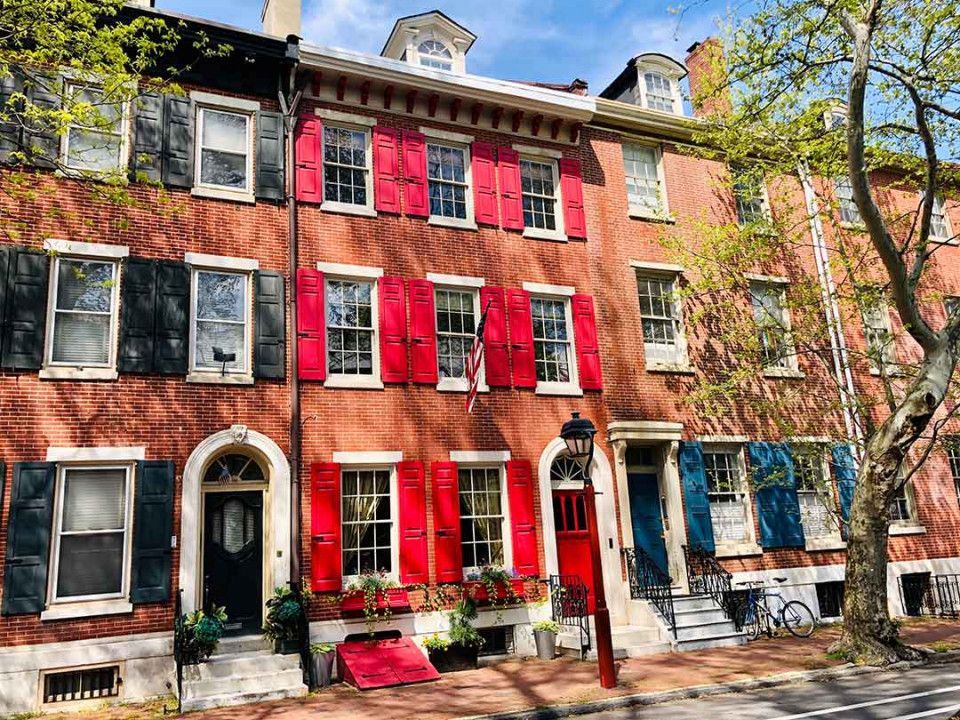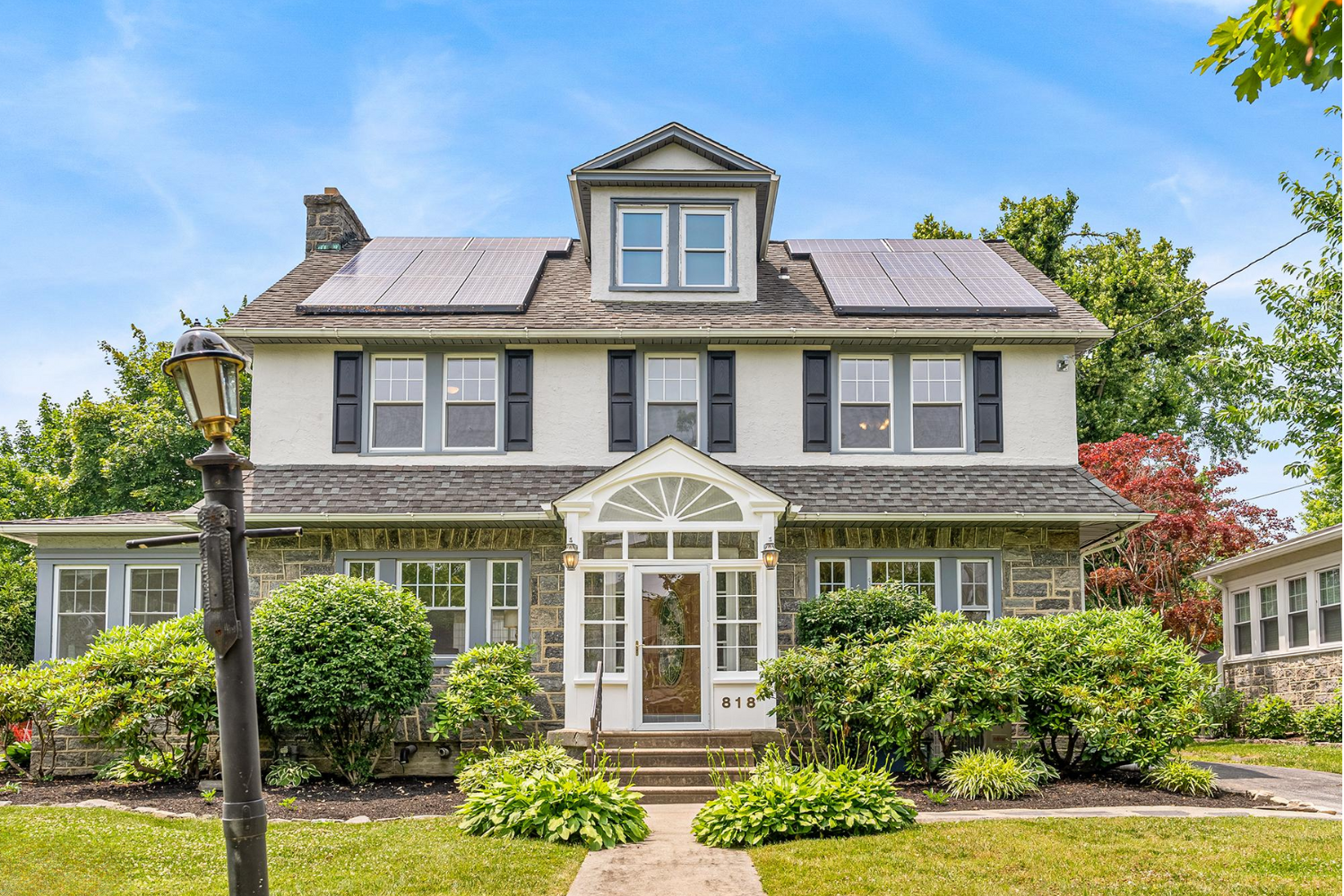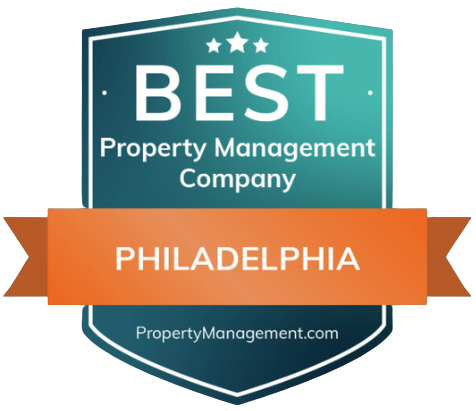Welcome to the world of Philadelphia real estate, where there are a variety of opportunities for investing in properties, and where becoming a landlord is a thrilling journey. We are New Age Realty Group, here to help you navigate the world of real estate. We've put together a complete guide to help answer important questions and guide you through the necessary steps to become a landlord in the City of Brotherly Love!
Why Become a Philadelphia Landlord?
Philadelphia presents a range of property investment opportunities, with low property taxes compared to other states and plenty of up-and-coming neighborhoods. With a steady influx of young professionals seeking rental properties, the demand for housing is high. Before delving into the responsibilities of a landlord, it's crucial to find the right investment opportunity. Collaborating with a local real estate agent familiar with the city can provide valuable insights and guidance.
Ensuring Compliance with Philadelphia Regulations
Before transforming your property into a rental unit, it is important to adhere to the regulations set forth by the city. This includes obtaining the necessary licenses, ensuring zoning compliance, and addressing key safety and health requirements. Now, let's delve into the top questions prospective landlords often ask.
1. Do you need a license to be a landlord in Philadelphia?
Yes, as a landlord in Philadelphia, you need several licenses to operate legally. These include the Commercial Activity License (CAL) or Owner-Occupied Housing License, Business Income & Receipts Tax (BIRT), Rental License, and High-Rise License if applicable. Zoning approval is also essential, demonstrating that your property is properly zoned for dwelling use.
2. Is Philadelphia a landlord-friendly city?
Philadelphia, while having specific regulations in place, provides a framework for landlords to operate. The city emphasizes compliance with housing regulations and provides guidelines to ensure a fair and safe environment for both landlords and tenants.
3. Is it easy to become a landlord in Philadelphia?
Becoming a landlord in Philadelphia involves a series of steps and compliance with regulations. While the city has established procedures to ensure safe and fair housing, the process requires diligence and attention to detail. By following our comprehensive guide, you'll navigate the complexities efficiently and position yourself as a responsible and successful landlord.
Step-by-Step Guide to Becoming a Philadelphia Landlord
To assist you on this journey, we've synthesized information from various sources, including the City of Philadelphia's official website and expert advice from real estate professionals.
Step 1: Get Your Business Income & Receipts Tax (BIRT) Account Number
Before diving into the world of property management, it's essential to file a Business Income & Receipts Tax (BIRT) return through the Philadelphia Department of Revenue. This applies to any individual or entity engaged in for-profit activity within the city.
Step 2: Create Your eClipse Account
Streamline the application process by creating an eClipse account. This platform allows you to apply for permits, schedule inspections, and seek approvals from multiple departments simultaneously.
Step 3: Get Your Commercial Activity License
Obtain a Commercial Activity License through the Philadelphia L&I, linking all your businesses and serving as a prerequisite for other licenses.
Step 4: Ensure Compliance with Lead Paint Disclosure and Certification Law
Stay informed about the Lead Paint Disclosure and Certification Law, which impacts properties built prior to 1978. Obtain the required certifications to proceed with leasing.
Step 5: Obtain Your Housing Rental License
For each unit you plan to rent out, secure a Housing Rental License. Ensure compliance with zoning regulations and, for multi-unit properties, gain Zoning Approval.
Step 6: Obtain a Certificate of Rental Suitability
Before each lease begins, provide tenants with a Certificate of Rental Suitability issued by L&I, verifying the property's suitability for habitation.
Step 7: Register for the PGW Landlord Cooperation Program
Enhance property management efficiency by registering for the PGW Landlord Cooperation Program, facilitating communication with the gas utility provider.
Understanding Landlord-Tenant Law in Philadelphia
Becoming a successful landlord in Philadelphia requires a deep understanding of local landlord-tenant laws. Familiarize yourself with the rights and responsibilities outlined in the Partners in Good Housing guidebook. Additionally, comply with the Renters Access Act tenant screening guidelines, ensuring a fair and non-discriminatory tenant selection process.
Conclusion
Congratulations on taking the first steps toward becoming a Philadelphia landlord. Philadelphia's real estate landscape is rich with opportunities, and by following this comprehensive guide, you'll be well-equipped to navigate the legal requirements, ensure property compliance, and create a positive landlord-tenant relationship. Remember, knowledge is key, and as you embark on this journey, stay informed and connected with local resources to make your venture a success. If you own Philadelphia real estate, contact New Age Realty Group for all your management need, and sit back while your property generates income!

